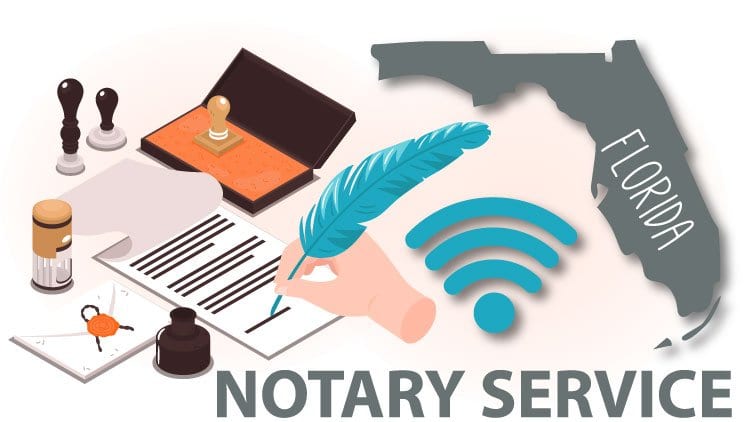DIRCO Regulations Demystified: A Overview to Diplomatic Method
DIRCO Regulations Demystified: A Overview to Diplomatic Method
Blog Article
Demystifying Notarial Work: Streamlining the Function and Value of Notaries
In the complex internet of lawful paperwork and confirmation, notaries stand as columns of guarantee and credibility. Their role, commonly shrouded in enigma for several, lugs considerable weight in making certain the credibility and stability of important records. As guardians of legitimacy and truth, notaries play a pivotal component in our culture, yet their work is not constantly fully recognized. By untangling the complexities shedding and bordering notarial techniques light on the importance of their acts, a clearer understanding emerges of the vital role notaries play in upholding the fabric of legal and contractual agreements.
The Background of Notarial Work
Just how did notarial job advance over time to come to be an integral component of legal and company transactions? The background of notarial work go back to ancient civilizations, where scribes played an essential role in tape-recording important details and validating papers. As societies advanced, the need for an extra formalized system to make certain the credibility of arrangements occurred. This resulted in the advancement of notaries, individuals appointed by the state to act as neutral witnesses in legal issues.
During the Middle Ages, notaries obtained prominence in Europe, with their functions broadening to consist of drafting legal papers, licensing trademarks, and maintaining documents. The surge of international trade additionally emphasized the value of notarial job in verifying agreements and contracts across borders.
In the modern-day age, notaries proceed to play an important function in legal and service purchases by validating identifications, validating the credibility of records, and stopping fraudulence. Their function in licensing the validity of arrangements adds a layer of safety and security and count on to the ever-evolving landscape of commerce and legislation.

Duties and Duties of Notaries
The historic advancement of notarial work from old human beings to the modern-day era has formed the distinctive duties and responsibilities that notaries maintain in lawful and organization deals today. Notaries play a vital role in verifying the credibility of files and the identification of signatories. Among their primary duties is to witness the signing of important papers, such as contracts, wills, and deeds, to make sure that all parties are participating in agreements purposefully and willingly. Notaries additionally confirm that signatures are of sound mind and not under discomfort or browbeating.
They license copies of original documents, providing assurance to establishments that the duplicates are true reproductions of the originals. Generally, the duties and duties of notaries are essential in securing the integrity and legitimacy of different papers and purchases - Apostille.
Notarial Certificates and Signatures
Exhibiting a knockout post careful interest to information, notarial certifications and trademarks function as vital parts in confirming the authenticity of lawful papers. Notarial certifications usually consist of essential info such as the date of registration, the names of the signatures, a summary of the document, and the notary's main seal. These certifications offer a clear record of the notarial act, making sure that the file can be easily identified and traced back to the notary that managed the process.
Signatures play a pivotal duty in notarial work, as they signify the contract and authorization of the events included. Notaries very carefully witness the finalizing of documents to confirm the identity of the signatories and validate that they are signing of their very own free choice. By fastening their official seal and signature to the document, notaries the original source license that the essential procedures have been followed and that the paper is legitimate and enforceable.
In significance, notarial certifications and trademarks are the hallmark of authenticity in lawful deals, offering guarantee to all parties included that the records are reputable and binding.
Value of Notarial Acts

Notarization Process Discussed
The notarization process usually begins with the specific providing the paper to a notary public. Once the identification is validated, the notary ensures that the private authorizing the record does so voluntarily and without any kind of threat.

Conclusion

Notarial certifications normally contain critical details such as the date of notarization, the names of the signatures, a summary of the paper, and the notary's official seal. These certificates supply a clear record of the notarial act, ensuring that the record can be conveniently recognized and traced back to the notary that managed the process.
By attaching their main seal and trademark to the file, notaries certify that the necessary treatments have been followed and that the document is legitimate and enforceable.
By validating the identification of the signatories, look at this website verifying their desire to enter into the agreement, and certifying the day and place of the finalizing, notaries play a critical role in upholding the credibility of lawful records.After the file is authorized, the notary will fasten their official seal or stamp onto the record.
Report this page